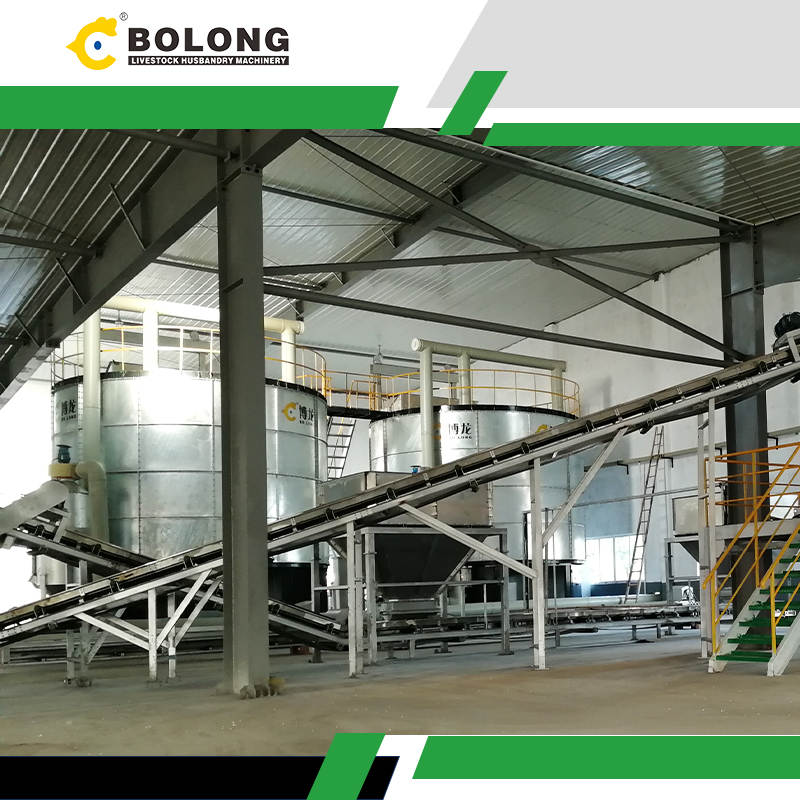
Composting requires routine introduction of oxygen, which stimulates aerobic microorganisms that feed on the organic components and convert the piled organic material to a fairly stable nutrient-rich soil amendment (Larney and Blackshaw, 2003).
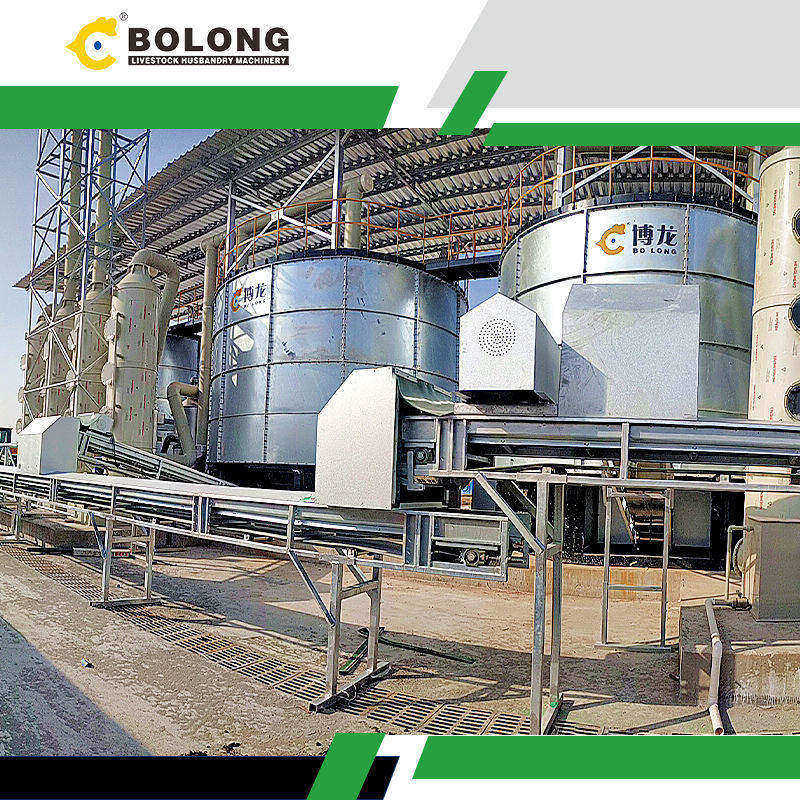
Dec 1, 2022 · Awsthi et al. (2020a) found that the addition of 12% wheat straw biochar during the aerobic composting of cattle manure was most effective in reducing greenhouse gas emissions such as CO 2 and NH 3, and maintaining the highest bacterial populations.
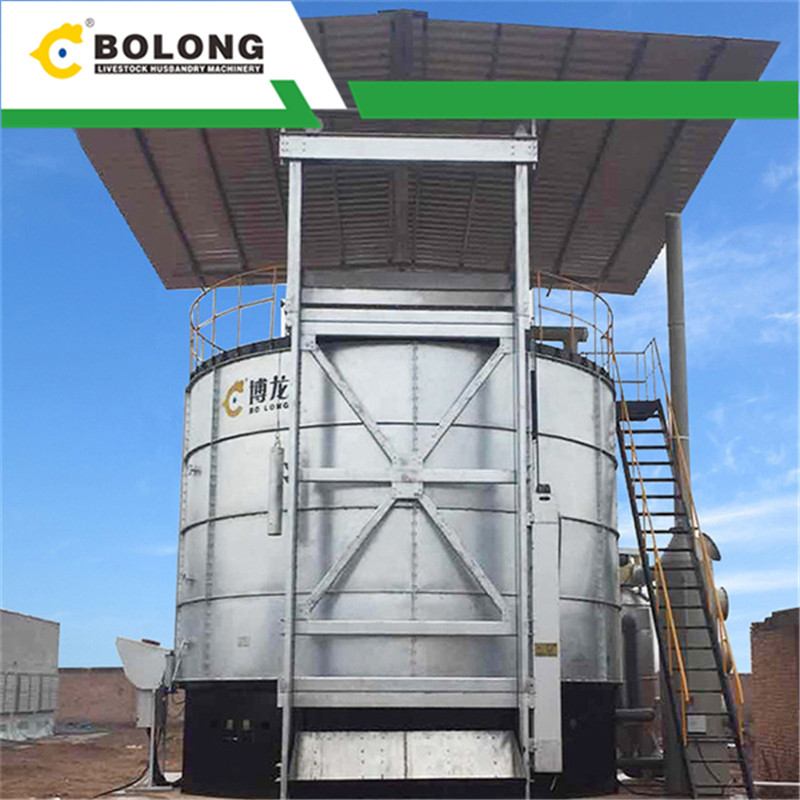
Sep 1, 2022 · The coupled transfer model combined with the microbial mechanism of aerobic composting may offer a more accurate simulation of the aerobic composting process. (He et al., 2018) Empty Cell: Compost reactor: Pilot-scale: Olive mill waste: Monod kinetics model, first-order kinetics model, mass and energy balance model: Mechanisms-derived models
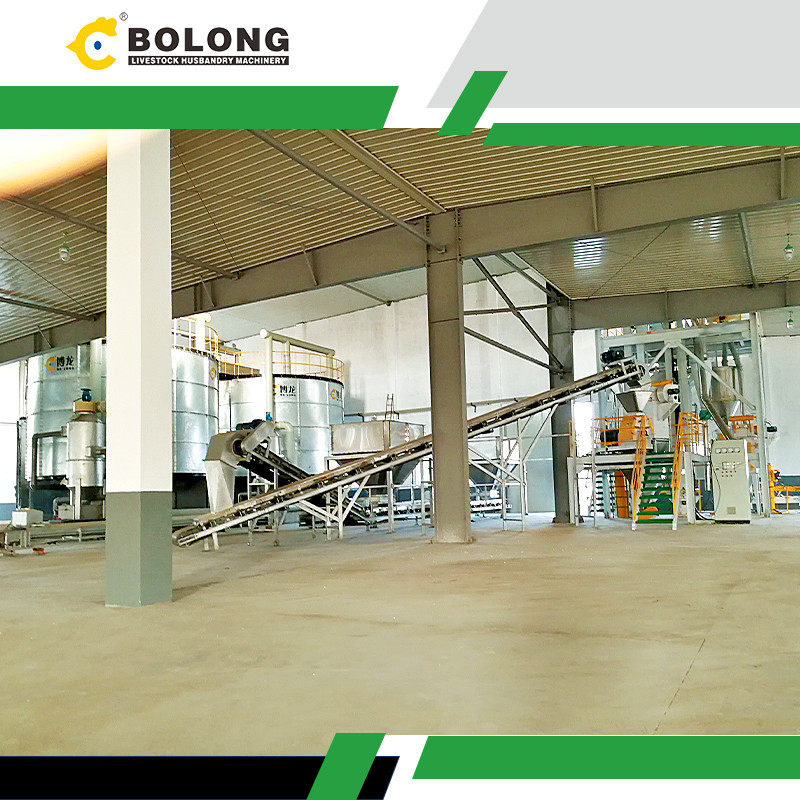
Feb 10, 2021 · There are 3 main types of composting: Aerobic – Aerobic composting uses air to facilitate composting. ASP is an aerobic composting technique. Tumbler composters are another way to achieve this. Anaerobic – Anaerobic composting does not require the addition of oxygen, nor does it requre turning. It can take a year or more, it stinks, and it

Nov 23, 2022 · Homogenous spatial distribution of fermentation characteristics, local anaerobic conditions, and large amounts of greenhouse gas (GHGs) emissions are common problems in large-scale aerobic composting systems. The aim of this study was to examine the effects of a semi-membrane covering on the spatial homogeneity and efficiency of fermentation in aerobic composting systems. In the covered group
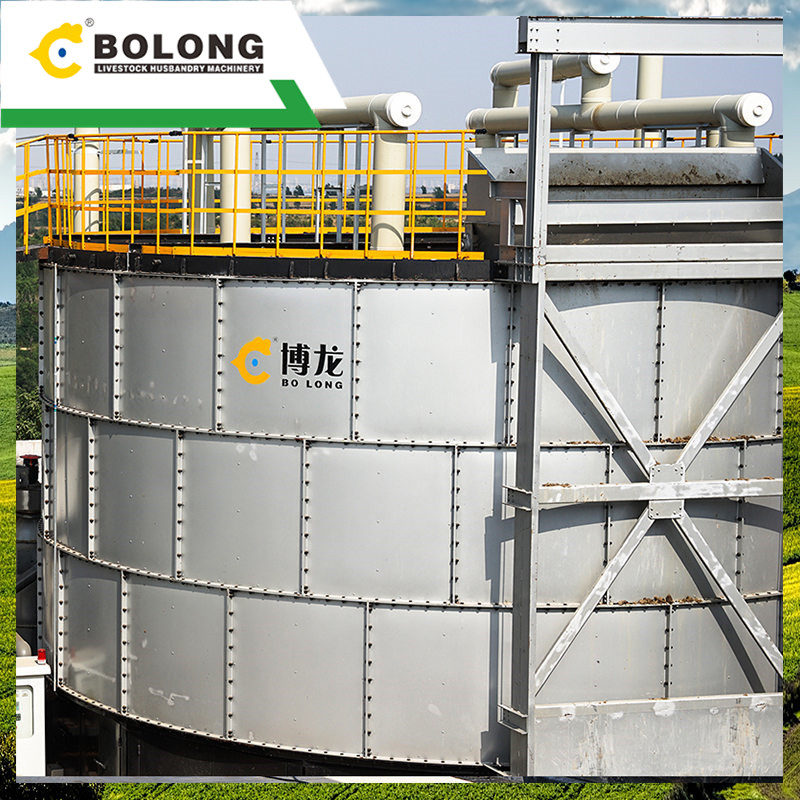
Jan 6, 2024 · What are some examples of aerobic composting systems? Some examples of aerobic composting systems include simple compost piles, compost bins, rotating compost tumblers, and larger-scale windrow composting. Each system is designed to maximize airflow and encourage microbial activity.

Aug 1, 2023 · This study deepens the understanding of organic matter conversion and microbial community metabolic functions when mature compost is used for livestock manure composting and provides a promising technology for livestock manure composting.

Oct 12, 2023 · Aerobic composting, especially semipermeable membrane-covered aerobic fermentation, is known to be an effective method for recycling and reducing vegetable waste. However, this approach has rarely been applied to the aerobic composting of vegetable waste; in addition, the product characteristics and GHG emissions of the composting process have not been studied in-depth. This study investigated
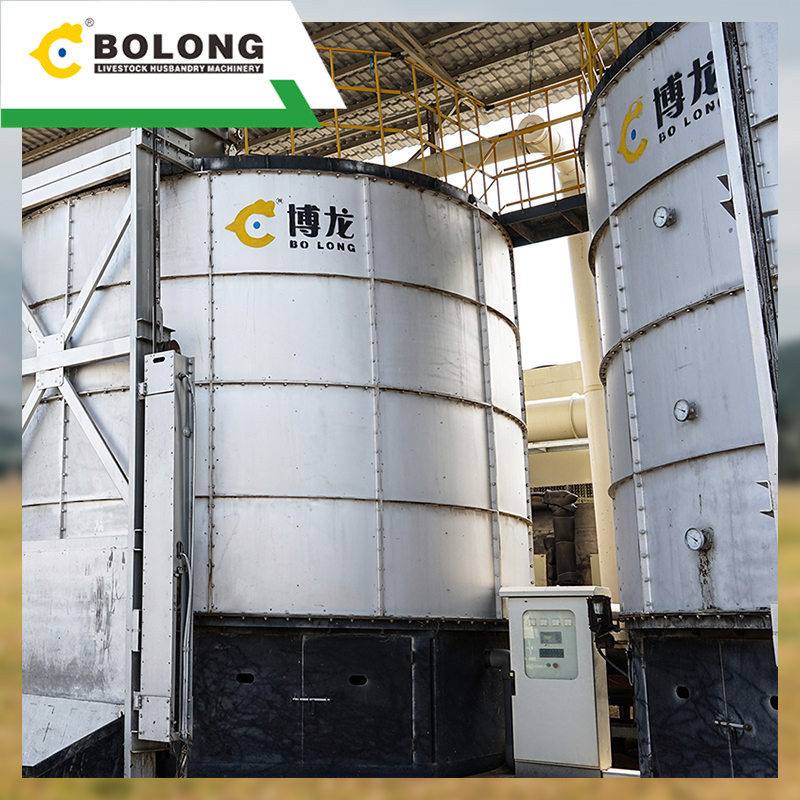
Jul 21, 2023 · As livestock and poultry farming expands in China, the generation of fecal waste has significantly increased. Inadequate waste management can contribute to environmental pollution. This study seeks to optimize small-scale composting systems to address the inefficiencies and the limited automation of traditional composting equipment. We redesigned the mixing blades and refined the ventilation

Feb 21, 2024 · The Ascomycota is reported as a dominant fungus in the high-temperature stage of aerobic composting (Chang et al. 2020). The Mycothermus is another dominant fungus identified in cow manure composting system, which can comprise up to 75% of the microbial community (Wang et al. 2018).

Apr 14, 2024 · Oxygen flow is vital for aerobic composting processes. In tank systems should be designed to introduce air into the material either passively or with mechanical systems to maintain an oxygen-rich environment. Temperature Control. Temperature is an indicator of microbial activity.
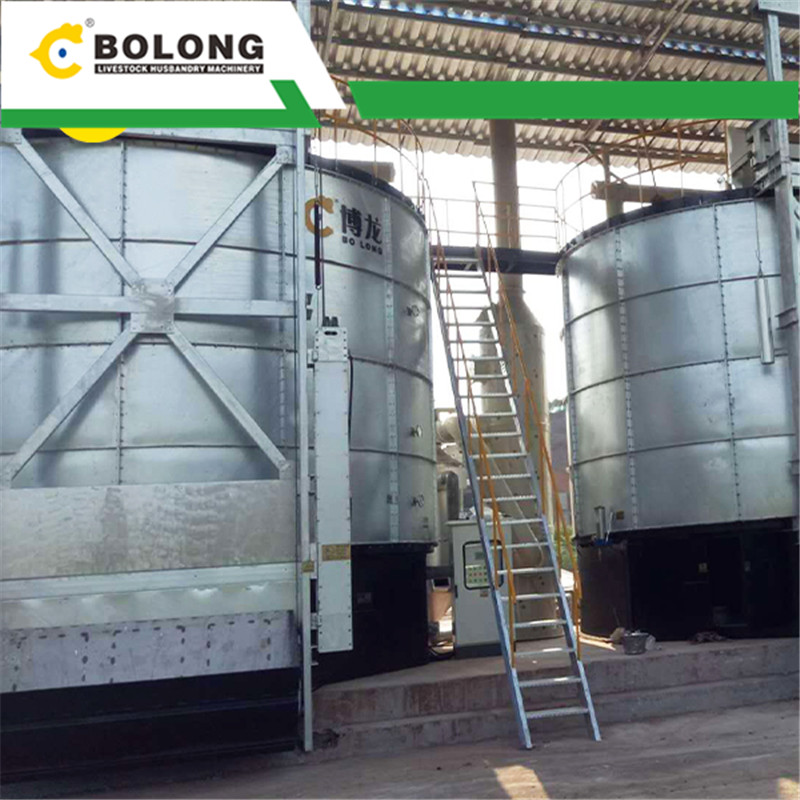
Apr 1, 2022 · The malodorous gas analyzed during this study was exhausted from an aerobic composting tank with a total volume of 100.0 m 3 in an organic fertilizer plant in Guangdong Province in China, which operates continuously with a daily discharge of 10.0 m 3 mature compost and a daily supplement of equal volume livestock manure, as shown in Fig. S1.

Composting is an approved method for disposal of poultry, swine, cattle, horses, sheep, goats and farmed deer. Always check with local authorities to understand local rules and processes before starting a mortality compost system. The method you use to compost depends on the carcass size, number of carcasses and space available.
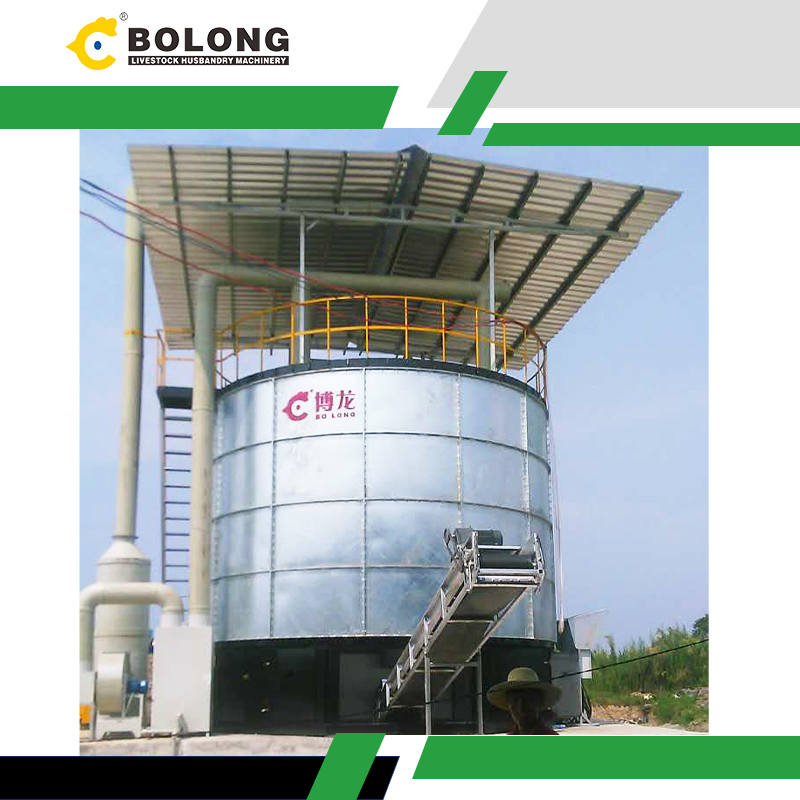
Feb 1, 2022 · The introduction of turning machines and aeration systems has improved the treatment efficiency of compost per unit area with continuous melioration in composting (Soto-Paz et al., 2019), but turning and aeration also caused a large amount of nutrient loss and odor emissions (Jiang et al., 2015), which is highly exhibited in the

An efficient composting process rapidly consumes bio-available carbon and produces heat, which in turn requires more airflow to avoid thermal inhibition. This is the fundamental reason high airflow aeration systems are required to sustain efficient composting of energetic feedstocks (specific aeration rates are discussed in Section 4).